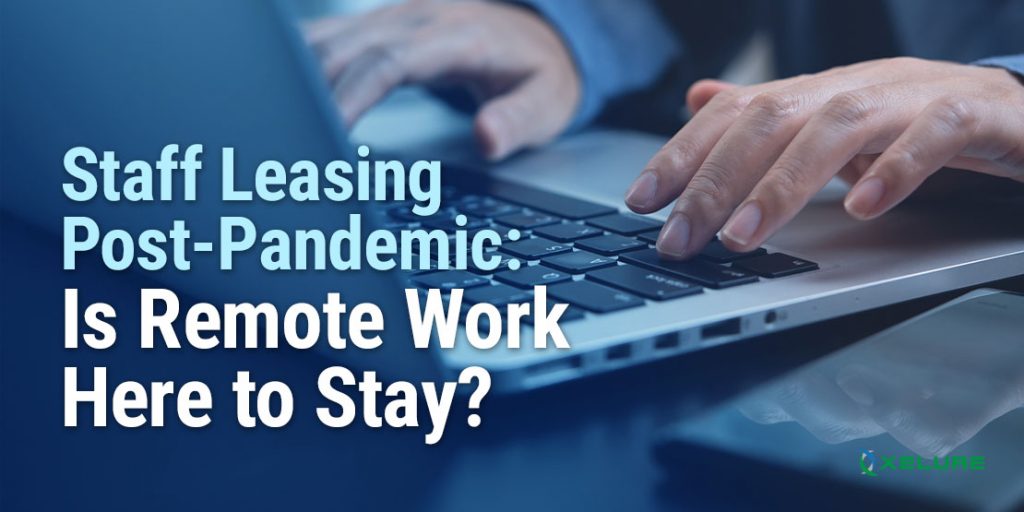- 562 Points in English Mastery
The Philippines ranks 2nd in Asia and 20th globally in English proficiency, with a score of 562 out of 800 on the 2023 EF English Proficiency Index (EF EPI, 2023).
- Western Companies Love PH!
83% of Filipino workers report high adaptability to Western business practices, enabling seamless collaboration with global clients (JobStreet Philippines, 2022).
- 92% Proof in FinTech Success
Filipino IT professionals in Financial Technology (FinTech) roles achieve a 92% satisfaction rate among Western clients, particularly in data management and QA testing (Philippine Software Industry Association, 2023).
Spending more than two decades in the financial industry—building technology, running business units, and even helping ICE® and NYSE® Technologies sell their tech business—I’ve discovered one thing that always remains accurate: talent is the key. The appropriate talent doesn’t only solve problems; it changes the direction of a business. That’s why, when I created AFIX Solutions in 2014, my aim was simple: help clients find the best staff solutions without the usual headaches.
And now the Philippines is rising as a world leader in the FinTech staffing sector.
Why the Philippines?
When I began working with Manila teams, I was amazed at how seamlessly Filipino professionals integrated into Western companies. It wasn’t merely a matter of cost savings—although cost savings are actually realized—it was the blending of skill, communication, and cultural flexibility that made them stand out.
1. World-Class English Proficiency
Filipinos aren’t merely “good” at English, they’re one of the best in Asia. The Philippines is 20th in the world for English language proficiency, with some countries like India and Vietnam ranking lower. For me, that’s fundamental to FinTech, where effective communication is paramount. Whether it’s a coder discussing complex integrations or a QA tester walking a client through a problem, precision and clarity minimize risk.
2. Cultural Compatibility That Works
This is something clients don’t think about until they’re too late: cultural alignment. I’ve built up global teams long enough to understand that you can have geniuses, but if they’re not aligned with how your clients work, projects bog down. Filipino professionals love Western-style work cultures. They learn the Agile standup cadence, pick up Western time zones, and ship with a customer-centric attitude. That cultural bridging is invaluable.
3. Written Excellence in FinTech Positions
I’ve witnessed it myself: Filipino professionals performing flawlessly at all FinTech positions imaginable—handling data, software development, QA, IT support personnel, even service desk functions. Western business companies are 92% content with the Philippines’ talent pool in these fields. Not by accident. The Philippines produces close to 200,000 IT professionals every year, the majority of whom possess FinTech-enabled capabilities. Combine that with strong infrastructure investment, faster internet speeds than many of their regional peers, and you’ve got a workforce that’s ready to compete at the highest levels.

Scaling Smarter, Not Harder
Too many Western firms are still overpaying for employees or worse—accepting mediocrity. There’s an answer in the Philippines that’s not merely about cost savings. It’s about scaling better. With more than 1.5 million professionals already employed in IT and business process segments, and $30 billion injected into its economy each year, the Philippines is not merely an alternative—it’s a strategic edge.
At Xelure Technologies, our mission is to do away with the guesswork. We don’t merely “find” talent; we assist you in building inspired teams—your teams—promoting your business objectives and rooted in your corporate culture.

The Bottom Line
After 25+ years in this industry, I’ve learned to spot game-changing trends early. The Philippines is one of them. If you’re running a FinTech business—whether you’re a scrappy startup or a scaling enterprise—you can’t afford to ignore what’s happening here. The talent is skilled, the communication is seamless, and the cultural alignment is unmatched.
The question is not whether the Philippines will help your expansion. The question is: How much longer will you keep paying too much somewhere else before making a change?
Don’t let opportunity slip away. Visit https://xelure.com/ today and schedule your consultation to transform your FinTech operations.
Sources and References
- EF English Proficiency Index (EF EPI), 2023
- JobStreet Philippines, 2022. “Workforce Adaptability Report”
- Philippine Software Industry Association (PSIA), 2023. “FinTech Outsourcing Report.”
- IT & Business Process Association of the Philippines (IBPAP), 2023. “Industry Overview Report.”
- American Chamber of Commerce in the Philippines (AmCham), 2022. “Employer Satisfaction Survey.”
- Pew Research Center, 2020. “Religious Composition by Country.”
- Commission on Higher Education (CHED), 2023. “Higher Education Statistics.”
- Ookla Speedtest Global Index, 2023. “Global Internet Speeds.”




